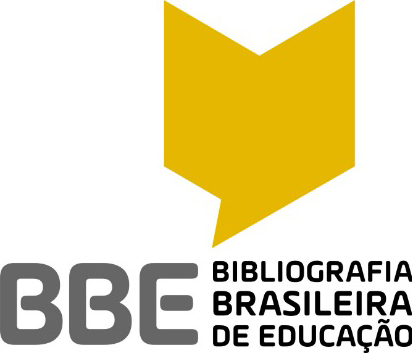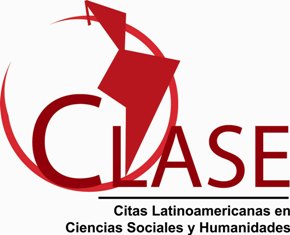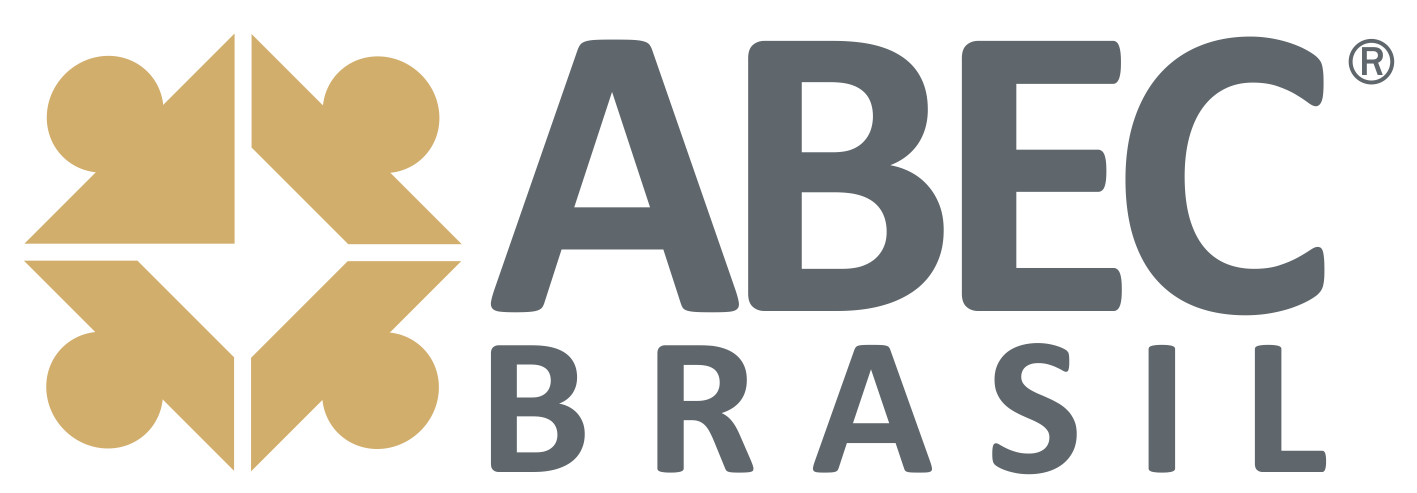FORMAÇÃO DO PESQUISADOR EM GESTÃO: ORDENANDO PROCEDIMENTOS DA PESQUISA QUALITATIVA E POSTURAS EPISTEMOLÓGICAS
DOI:
https://doi.org/10.22169/revint.v9iEspec.805Resumo
RESUMO
O presente estudo tem como objetivo contribuir para a formação do pesquisador em termos de conhecimento, compreensão, análise, avaliação e seleção de métodos, técnicas e ferramentas para realizar pesquisas qualitativas, no campo dos estudos da gestão (Administração). Nesse sentido, este trabalho tem em vista sintetizar os procedimentos da pesquisa qualitativa a partir de seus pressupostos metodológicos, amplamente disseminados na literatura que sustentam um e qualquer processo investigativo, e ordená-los em consonância com as posturas epistemológicas estudadas e apresentadas por Thomas Schwandt (2006).As considerações finais enfatizam a negociação de significados entre pesquisador e pesquisado ao adotar a Hermenêutica ou o Construcionismo como posturas epistemológicas, bem como, também, o necessário distanciamento a ser observado pelo pesquisador em gestão ao adotar o Interpretativismo como postura epistemológica. Por fim, este trabalho situa algumas áreas para aprimoramento futuro desta proposta de ordenamento dos pressupostos metodológicos e posturas epistemológicas.
Palavras-chave: pesquisa qualitativa; epistemologia; interpretativismo; hermenêutica; construcionismo.
ABSTRACT
This paper aims to contribute to the education of the researcher in terms of knowledge, understanding, analysis, evaluation and selection of methods, techniques and tools to perform qualitative research in the field of management studies (Business Administration). In this sense, this work aims to summarize the procedures of qualitative research from their methodological assumptions, widely disseminated in the literature, which support one and any investigative process, and sort them in line with the epistemological postures studied and presented by Thomas Schwandt (2006). The concluding considerations emphasize the negotiation of meanings between researchers and researched, by adopting the Hermeneutics or Constructionism as epistemological postures, as well the necessary distance to be observed by the researcher in management by adopting the Interpretativism as epistemological posture. Finally, this paper shows some areas for future improvement of this planning proposal of methodological assumptions and epistemological positions.
KEYWORDS: qualitative research, epistemology, interpretativism, hermeneutic, constructionism.
RESUMEN
El presente estudio pretende contribuir a la formación del investigador en términos de conocimiento, comprensión, análisis, evaluación y selección de métodos, técnicas y herramientas para llevar a cabo la investigación cualitativa, en el campo de estudios de la gestión (Administración).En este sentido, este trabajo tiene como objetivo sintetizar los procedimientos de investigación cualitativa de sus supuestos metodológicos, ampliamente diseminados en la literatura de apoyo a cualquier investigación de proceso investigativo, y ordenarlos en consonancia con las posturas epistemológicas estudiadas y presentadas por Thomas Schwandt (2006).Consideraciones finales destacan la negociación de significados entre investigador e investigado adoptando la Hermenéutica o el Constructivismo como posición epistemológicas, así como, también, lo necesario alejamiento para ser observado por el investigador en gestión adoptando el Interpretativismo como postura epistemológica.
PALABRAS-CLAVE: investigación cualitativa; epistemología; interpretativismo; hermenéutica; construccionismo.
Downloads
Downloads
Como Citar
Edição
Seção
Licença
Os direitos autorais dos artigos publicados na Revista são de acordo com a licença CC-BY-ND - Creative Commons ( https://creativecommons.org/licenses/by-nd/4.0/legalcode)
Esta licença permite que outras pessoas reutilizem o trabalho para qualquer finalidade, inclusive comercialmente; no entanto, não pode ser compartilhado com outras pessoas de forma adaptada e o crédito deve ser fornecido ao autor.
Os direitos autorais dos artigos publicados na Revista são do autor, com os direitos de primeira publicação para a Revista




























